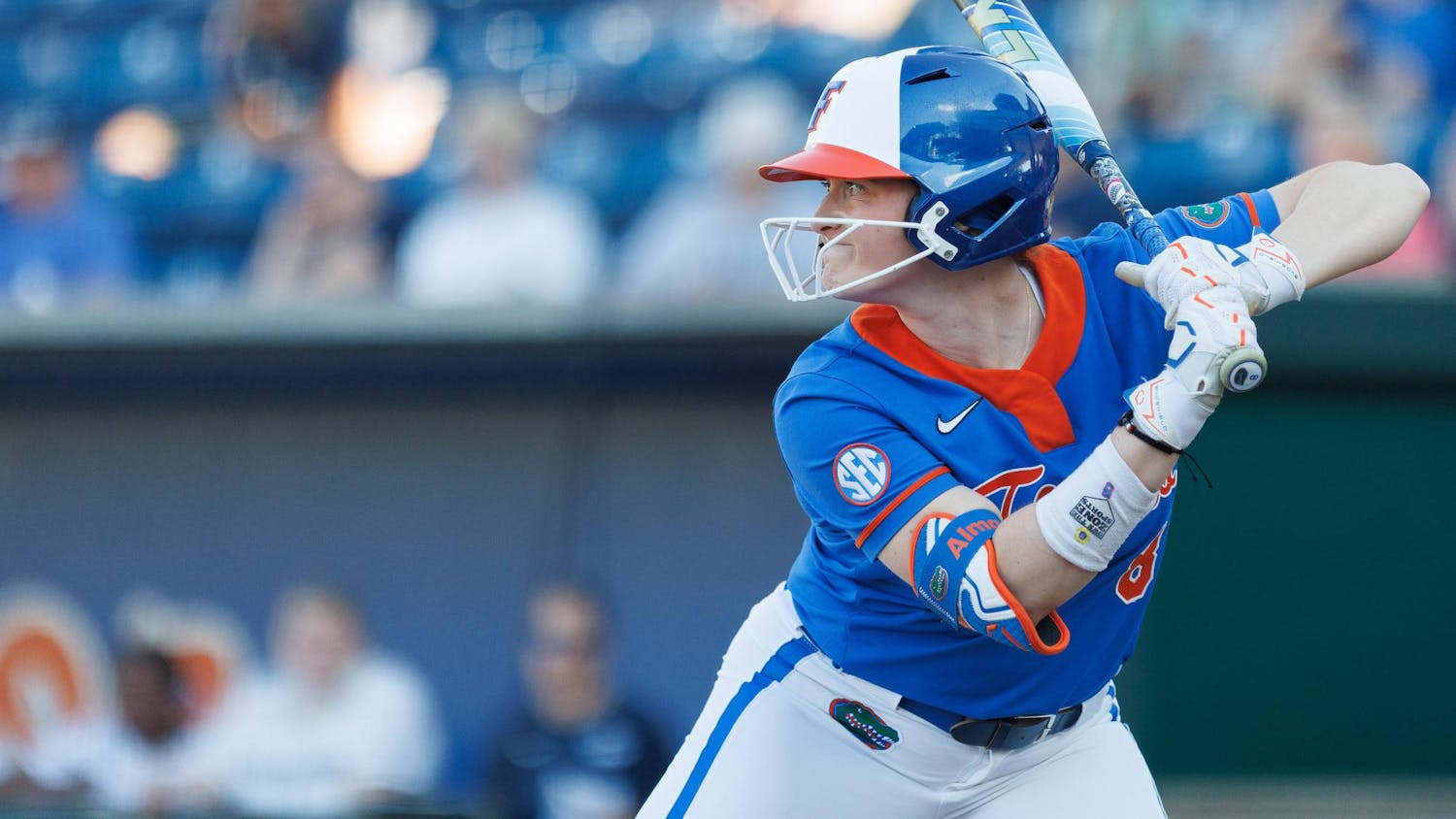After their national party leaders effectively disenfranchised voters, Florida Democrats are now trying to find a way to make their votes count in a close primary race.
On Wednesday, the Florida Democratic Party unveiled a proposal to redo the state's Jan. 31 election that would comply with Democratic National Committee rules, which mandate that primary elections must be held between Feb. 5 and June 10.
In August the DNC decided to strip Florida of all of its 210 delegates to punish the state for scheduling its election too early.
Karen Thurman, chairwoman of the state party, said she would announce today whether she has received enough positive feedback to move forward with the plan, which proposes that the state party send "vote-by-mail" packets to all registered Democrats in the state no later than mid-May. Voters could then mail their ballots to one of 50 regional election offices statewide or drop them off in person at the nearest office location.
The results would be tallied June 3.
In a memo sent to state and national Democratic leaders, Thurman listed the "immense" benefits the plan offers:
It would be easier for Democrats to vote, the processes would eliminate almost every traditional voting obstacle and no single group would have an advantage, she wrote.
Zach Moller, president of UF's College Democrats, said he sees another advantage to having a second election.
"I guarantee that if we have a redo, both the candidates will be crisscrossing the state," Moller said.
Since Alachua County is one of the only Florida counties that chose Barack Obama in January, both he and Hillary Clinton would likely make stops in Gainesville, Moller added.
Plus, unlike alternative proposals that could cost tens of millions of dollars, the "vote-by-mail" plan is estimated to cost no more than $12 million.
In her memo, Thurman wrote that if Democratic leaders, including the candidates, did not support the plan, it would not be implemented.
"The Party cannot and will not move forward without your support," she wrote. But, she told reporters, she does not expect enthusiastic responses from the candidates or from DNC chairman Howard Dean.
Alejandro Miyar, FDP spokesman, said as of Friday the candidates had not even contacted the state party to formally weigh in on the plan.
"It's not a great sign," Miyar said with a laugh. "Certainly we need to hear from them soon if we are to move ahead."
The plan does have drawbacks, Moller said.
University students may be particularly disadvantaged because the ballots would be sent out in mid-May, during most colleges' summer breaks.
So, Moller said, if UF students are registered to vote in Alachua County but have already left Gainesville, it could be difficult for them to get their ballots mailed in.
Additionally, the legitimacy of a redo could be called into question if the turnout is lower than it was in January, when 1.75 million Democrats voted in Florida.
Miyar said the "vote-by-mail" election is the best option for Florida because it is economically feasible and would "ensure maximum participation."
The FDP also considered holding a second, state-run primary election, but decided it would be too expensive and likely would not be permitted by the Republican-controlled legislature.
The party also thought about holding statewide caucuses but realized doing so would be overwhelming in a state as large as Florida, and soldiers and older people might not be able to participate, Miyar said.
"Florida is not a caucus state," he said. "We simply couldn't do it."
If no redo is held, the FDP could appeal to the DNC's Credentials Committee to ask for Florida's January results to be counted, Miyar said.
The committee will meet in the summer.
No matter how the dilemma is resolved, Moller said he is confident Florida's delegates will have their votes counted at the Democratic convention.
"It's totally out of the question that Florida will not be seated," he said.
In her memo, Thurman emphasized the importance of counting Florida's votes, citing a recent poll commissioned by Florida Democratic Sen. Steve Geller.
The poll found that of Democrats who voted in the Jan. 29 primary, only 63 percent are committed to sticking with the eventual Democratic nominee if Florida's votes are not counted.
"That number is dangerously low," Thurman wrote.
Miyar said it is important to remember how the problem arose in the first place. It was the Republican-controlled legislature, he said, that "steamrolled" the plan to move the primary election to January.
"They're the ones who moved the date up," he said. "They've certainly had their hands in the situation from the beginning."
In her memo, Thurman insisted that finding a way to count the votes has become much more important than deciding who is to blame.
"The stark reality is that all Democrats lose if this is not resolved immediately," she wrote.





